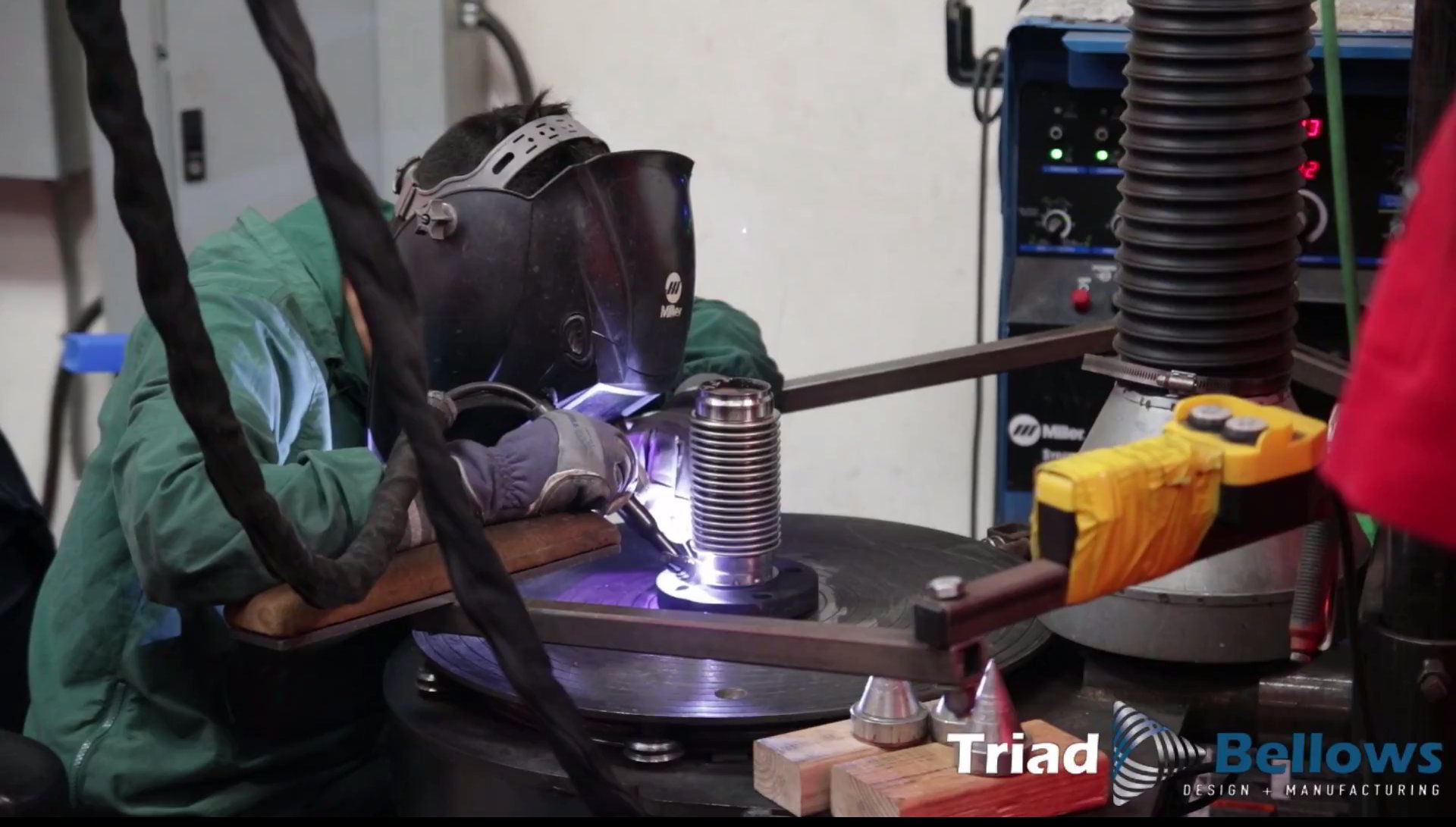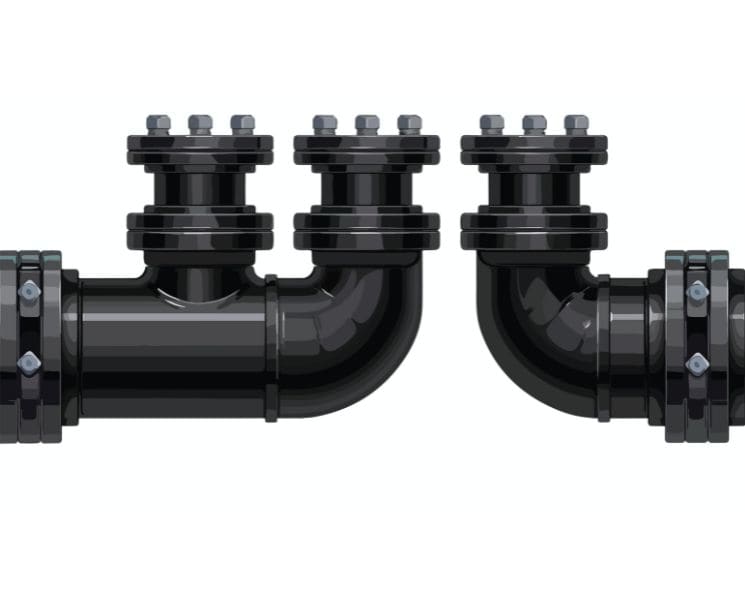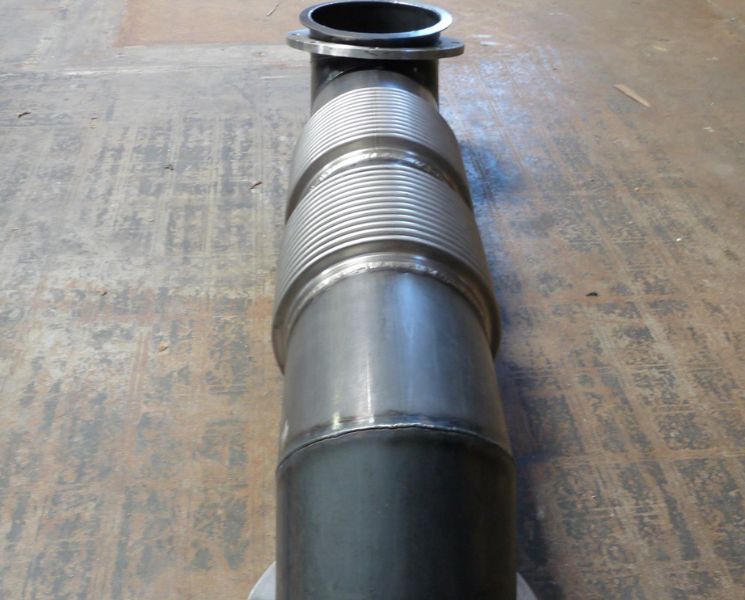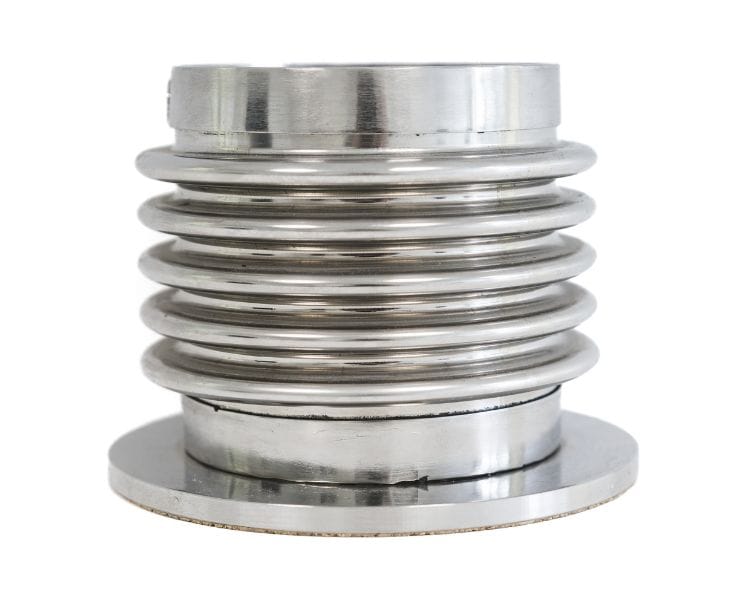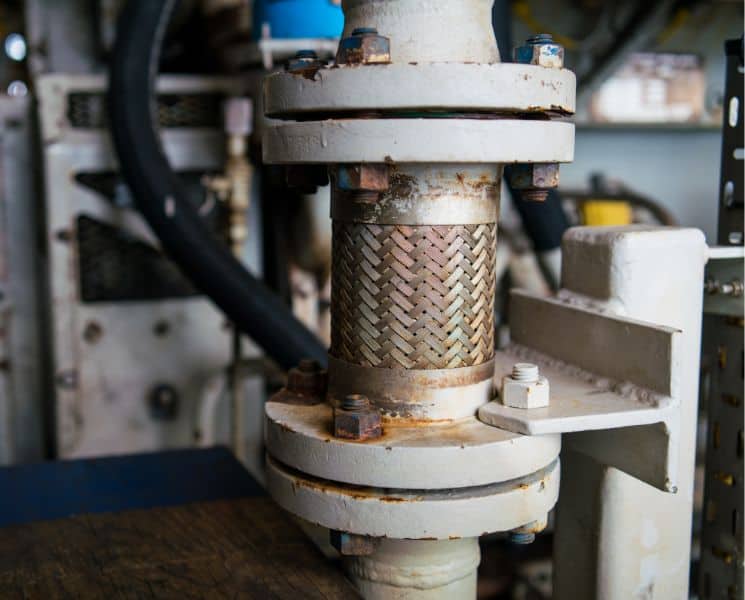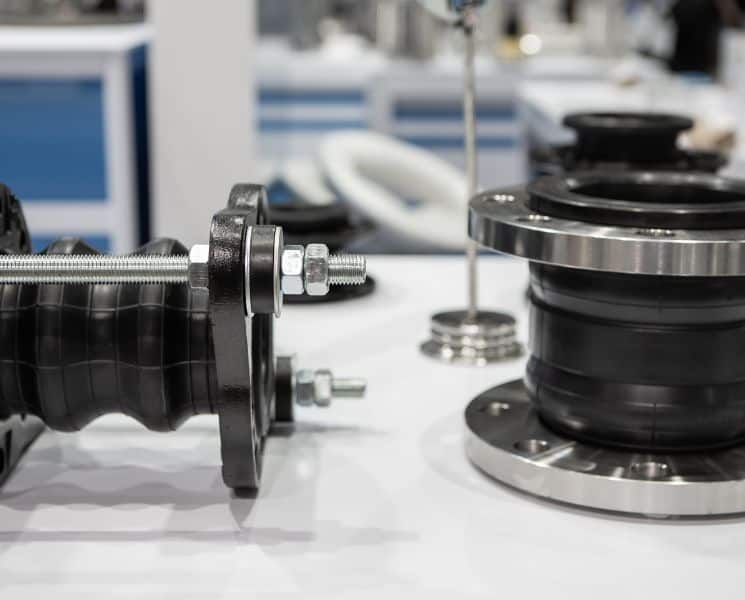Formed metal bellows are manufactured from reworked tubes using deep drawing techniques. The methods often used in forming metal bellows include hydro-forming and cold forming. The hydro-forming process is preferable because of its high dimensional accuracy. It also facilitates the smooth production of high-strength and light-weight components.
The tube and sheet hydro-forming methods are the most common types of hydro-forming processes used in making multi-ply bellows. This post presents to you the benefits of multi-ply forming metal bellows over single-ply bellows.
What Are Multi-Ply Bellows?
Unlike a single-ply metal bellow made from one tube, multi-ply metal bellows have two to three tubes. The number of tubes may even be as high as five tubes, based on the bellow’s application. A single-ply bellow can’t withstand high pressure found within some bellow systems.
As such, some bellow makers use thick metal sheets to build bellows that can withstand high pressure. But the thicker the layers, the lesser the flexibility of your bellow. To make a bellow that withstands high pressure while being flexible, you have to use more metal sheets or plies to compensate for the load.
The Benefits of Multi-Ply Forming Metal Bellows Over Single-Ply Bellows
Improved Safety
Multi-ply forming metal bellows prevent sudden catastrophic failures, property damage, and injuries. Cracks on bellows often occur due to corrosion and stress on the outer or inner plies. Such cracks can lead to instant pressure bursts.
Inner plies that act as a labyrinth seal can contain any pressure and medium that may result from a burst of the inner plies. The remaining plies that don’t burst can continue holding the pipe expansion joint while you plan to buy replacement parts and conduct the necessary repairs. This can protect both your equipment and your workers, making for safer operations overall.
Low-Thrust Forces
The design of your multi-ply bellows with many wall layers leads to a low spring rate for specific pressure capacity. The working cross-sectional area of such bellows is less when compared to traditional bellows to permit a particular movement. These shortcomings of multi-ply bellows lead to moments and forces on the guides supporting the pipe systems, equipment, and anchors.
Therefore, you can make system guides and anchors into smaller dimensions that are affordable. This approach prolongs the life of the linked equipment. It also makes the entire piping system more reliable and cost-effective.
Reduced Costs
Multi-ply forming metal bellows have great movement and flexibility. As such, a small number of bellows with many plies can compensate for large displacements in piping systems. In the end, that means you can save money through this more efficient option.
Decreased Corrosion
If your piping system carries a corrosive medium, then you have to use only temperature and corrosion-resistant alloys on the innermost plies that are in contact with the medium. You can make the rest of the outer plies from affordable materials (such as stainless steel), giving you the desired protection while keeping costs low.
Compact Designs
Multi-walled multi-ply bellows need less component length to accommodate a certain level of displacement in pipe systems. This is because, as we’ve mentioned, these bellows are more flexible than conventional ones. This benefit makes the building of multi-ply bellows more compact (and, again, more affordable).
Increased Durability
Due to their design, multi-ply bellows will generally experience less operational stress than single-ply bellows during their cycles of operation. The minimized operational and residual stresses result in prolonged life.
Reduced Emergencies
Your multi-layered bellow does not lose its working capacity even when the inner or outer plies of your multi-ply bellow fail by rupturing due to pressure or stress. The bellow can continue performing its primary function even when a few plies burst or crack, and this grants you enough time to find a replacement for the joint in your next scheduled shut-down.
Multi-ply forming metal bellows are more durable and safer than single-ply bellows because of their compact, effective, and cheap design. These bellows are less likely to experience many bursts or corrosion. They are thus safer than single-ply conventional bellows that are less flexible and more prone to damage.

